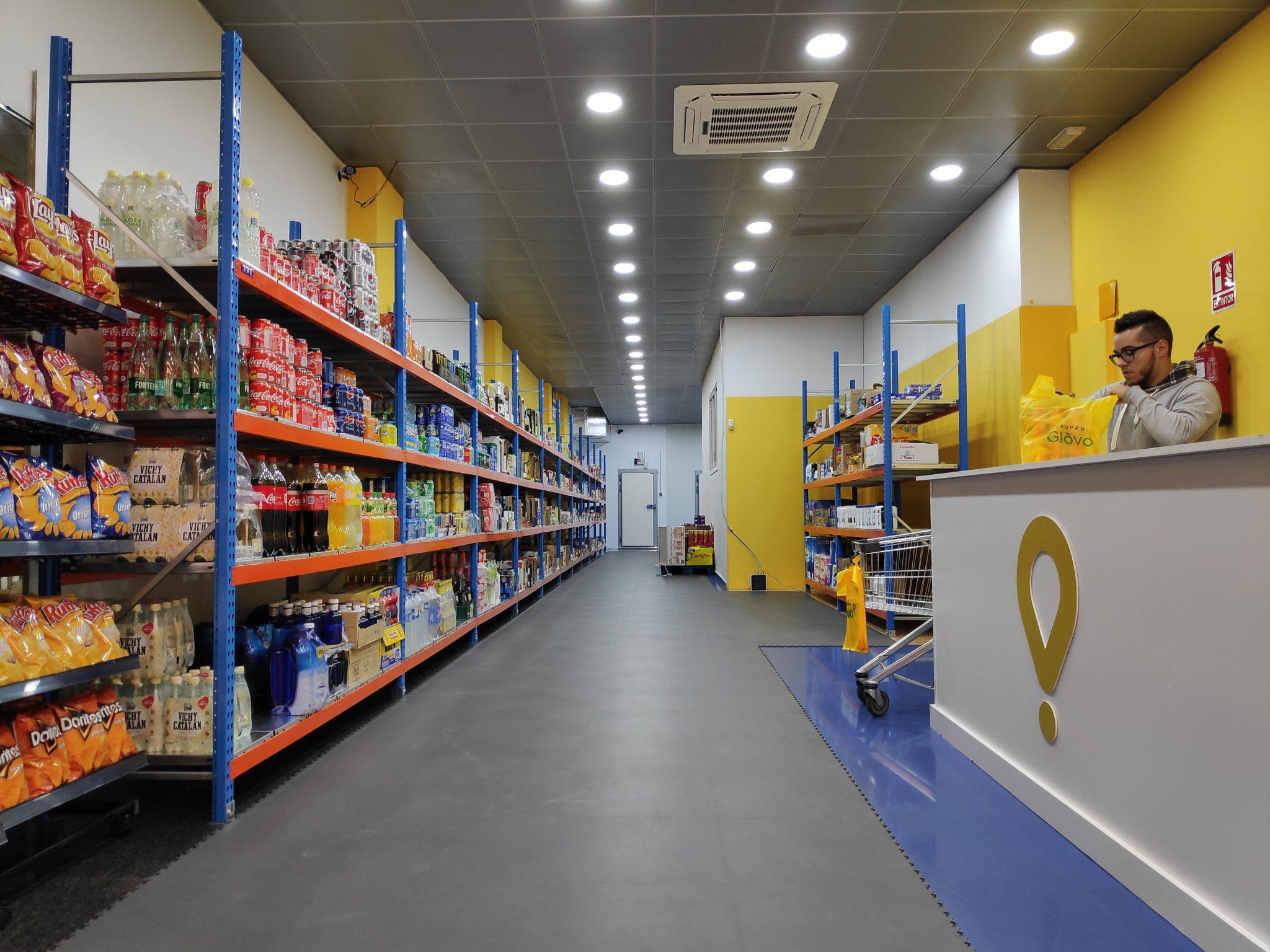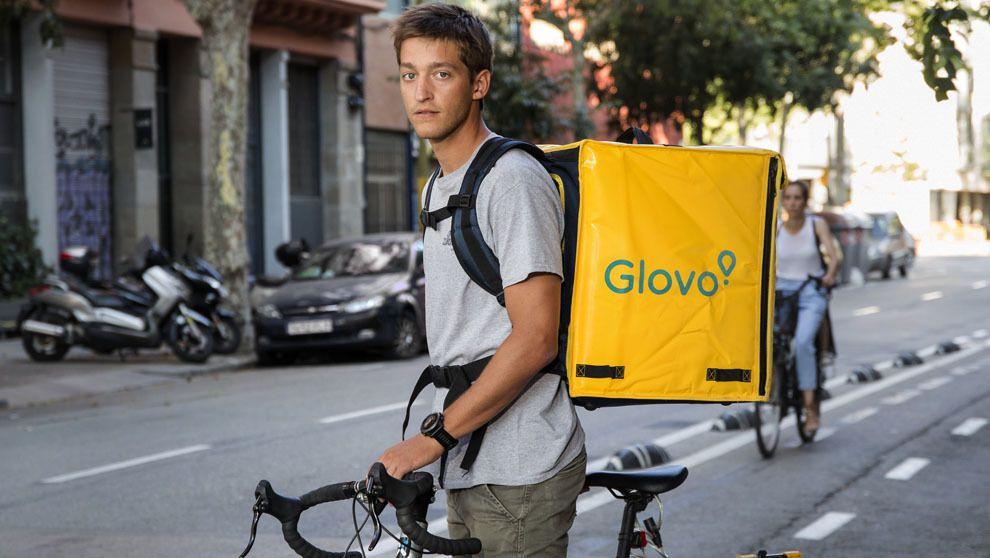
Cyber Day brought together thousands of gamers as a large-scale esports event was held in the capital (+photo)


 17.05.2019 12:32
17.05.2019 12:32Oscar Pierre, the 20-something founder of Spanish delivery startup sensation Glovo, talks dark kitchens after closing a 150 mln euro funding round.
– Six monthes ago, you’d just seen the first SuperGlovo. What’s happened since then?
– Delivery times have dropped quite a lot — now, on average, they’re 22 minutes. In Spain, online delivery for groceries has never been that fast. And we know we can go a lot lower; it all depends on capillarity. After a certain volume, [we know we need to] launch a new store.
The inspiration is a McDonald’s Drive Thro, where the picking time is so fast that when the courier gets there, to the window, they don’t need to wait.
We’ve built tech for the picker, they have a tablet, so they know more or less where things are. It takes them less time to pick the items than it takes the courier to get there.
We have around 1,000 SKUs — but we’re actually thinking about reducing it, more than growing it. Most of the orders go for the same products — quite boring things that people need urgently, like bread, milk, cereal, which they then top up with more random items. They also order a lot of drinks: we’re 24 hours and, depending on the area, we can deliver alcohol.
At some point, we’re going to get to a second stage where we think about going to big baskets. The long-term vision is eventually to become a retailer, with own-brand water, own-brand cereals.
– And what’s happening with dark kitchens?
– It’s running! As we grow, some of our [restaurant] partners are having issues with scaling — their kitchens are not growing as fast as us. Many are thinking of building their own dark kitchens, but some can’t afford to — they can rent the space [from us].

They bring everything they need to cook, and we offer them some shared services — we take care of drinks for them, freezers.
– Would Glovo move into making its own food?
– That’s a tricky one. In five years time, yes for sure. Not only Glovo, but other food delivery brands, with our knowledge and data, will be able to create our own food and cover the gaps in the city.
There’s a lot of growth for everyone .
– Would you work with the likes of Berlin-based dark restaurant startup Keatz?
– That for now I don’t know. It could be that we do both.
– It’s not always been easy for you to raise cash. How does it feel now that investors want to give it to you?
– We were looking for capital. We know all the categories we want to launch, and which countries, but we’re still far from saturating our growth channels.
We’re starting to get to a volume where profitability is very clear; if fundraising dries up we can take the company to profitability.
To be honest, we just closed the round, but next week I’ll start working on the next one.
Now it’s different, for sure. [But] it was only in this round that we were starting to feel Glovo having a brand, starting to have some type of hype. In 2018, we launched 18 countries and the coolest thing about Glovo is that the playbook is regionally agnostic. The same playbook is working in Peru, Morocco, Ivory Coast, Ukraine. That’s very cool — that repeatability, with that growth curve.

– What have you had to learn, personally, in the last six months?
– The toughest thing is that we crossed the 1,000 employees barrier.
I’m a big believer in internal comms, and have been struggling a little bit with it. I’m starting to see that with people super spread out, the message doesn’t arrive as well as before.
I’m also dedicating more time to our onboarding process, and checking our core values are reflected in our hiring process. We finally hired a great new VP of people; he’s probably the person I work with the most in the company.
One thing we’ve started — inspired a bit by Mark Zuckerberg — is a biweekly Q&A with the team. Before, there was no need to do this — we were such a small team, people just asked questions. Now, if I don’t answer the tricky questions, I see rumours in the corridors start, people gossiping: I have to stand up and answer hard questions. We have a system; people submit questions anonymously, they vote [on them], and we answer the top 10 or 20 questions.
There are a lot about fundraising. When we told people we’d closed the round, that we were going to get more funding, we told them to focus on executing, not on what other [companies are] raising. Different companies, in different verticals and regions, have different cash efficiencies.
From: sifted.eu
Read more –
TOP-20 of the largest FMCG-chains in the world by the stores’ number (infographics)





